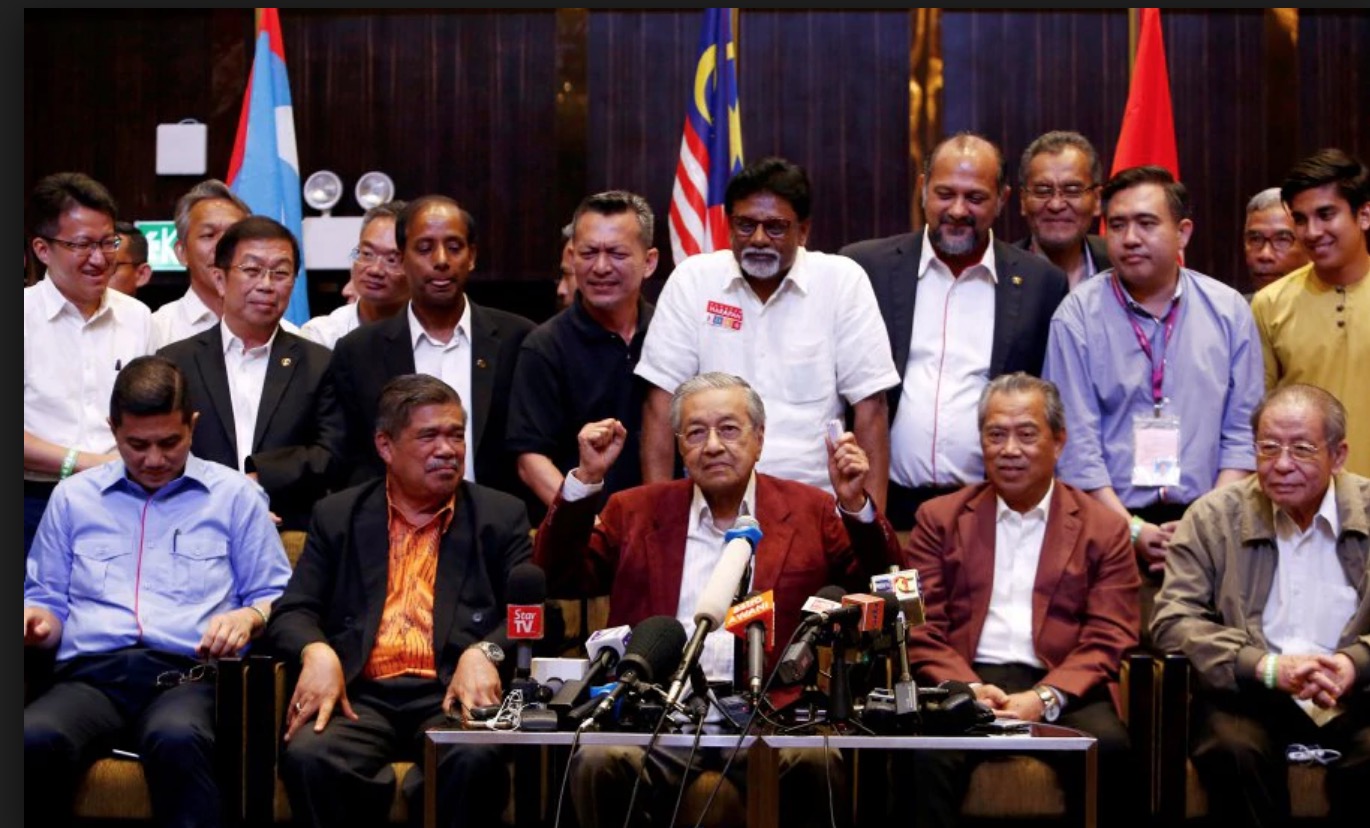 Tun Dr. Mahathir bin Mohamad is now Malaysia’s seventh Prime Minister and replaces outgoing Prime Minister Najib Razak, who first came into power in 2009.
Tun Dr. Mahathir bin Mohamad is now Malaysia’s seventh Prime Minister and replaces outgoing Prime Minister Najib Razak, who first came into power in 2009.
The shift of leadership means a big change in administrative, and will change our lives in numerous ways.
To understand what Malaysian businesses and entrepreneurs can expect from the new goverment, let’s review some highligths from Pakatan Harapan’s manifesto, released prior GE14.
1. Out with GST

The highly unpupular Malaysia’s Goods and Services Tax (GST) took centre stage as one of the key issues in the general elections.
After its implementation, businesses and consumers had to pay an added 6% charge on goods and services at all levels of the supply chain, and this has received negative reception, with many business complaining of its detrimental effect !
Pakatan Harapan made a promiseto minimise the percentage of payable GST to zero within 100 days of taking power, and declared their intent to re-instate the Sales and Services Tax as a replacement source of income for the administrative coffers.
The scrapping of the GST could come with consequences—good and bad, with a few experts claiming it unsustainable in the long term, and others celebrating its effect it might have on consumers.
2. Less reliance of foreign labour
One contentious issue leading up to GE14 was the massive arrival of foreign workers —many undocumented. This led to the on the topic of lack of jobs for Malaysians.
Pakatan Harapan addressed this in their manifesto and stated their goal to bring down the number of foreign labourers in Malaysia within their first term, and also promised to assist local workers to attain salary increments.
While there aren’t yet policies in place, businesses across all sectors can expect to see more local talent integrated into the labour force as the new administration focuses on this aspect.
3. Reduce Transportation Woes

On the subject of transportation costs, Pakatan in their manifesto expressed their goals of reducing transportation costs for Malaysians, with the most significant promise being their intent to rid Malaysia of toll collections in stages.
Pakatan also promised to help stabilise fuel costs and introduce targeted fuel subsidies for vehicles with lower power outputs.
For businesses that depend heavily on motor vehicles and road transport , these areas could prove beneficial. All these factors combined together add up to lowered costs in shipping and sourcing, which will allow companies to pay staff better, increase their offerings while giving lower prices for customers.
4. Increased Wages
Currently, Malaysia’s minimum wage is RM1,000 in Peninsular Malaysia, and RM920 in East Malaysia.
Pakatan would like to increase the minimum wage for all Malaysians to RM1,500, with a review every two years where the government would co-operate with employers to share the cost of wage increments.
Next, all businesses hiring workers at minimum wage will reassess their wage packages to adapt to the coming changes. And this they might have to happen quickly, as Pakatan wishes to work on this portion of their manifesto within 100 days of taking charge.
5. Reduction In Taxes
Pakatan’s manifesto also included the topics of affordable housing and affordable education, and will attempt to incentivise businesses to assist with these pressing issues by introducing tax reductions.
With education, businesses that assist their staff pay off their PTPN loans without deducting their salaries will be compensated with tax reductions.
On affordable housing, property developers who building low-cost homes using current and cost-efficient construction methods such as the Industrialised Building System (IBS) will be given tax reductions.
=======
Moving forward, it will be interesting to see what transpires in the long run. You can download t the Pakatan Harapan manifesto here.
=======
Adapted from Vulcanpost
